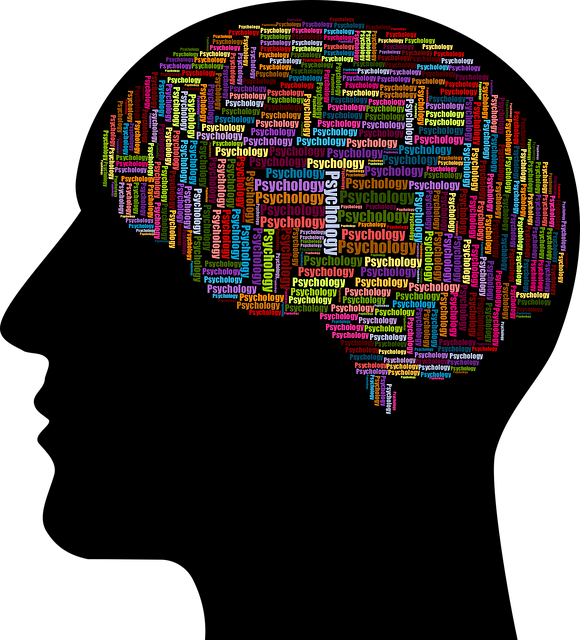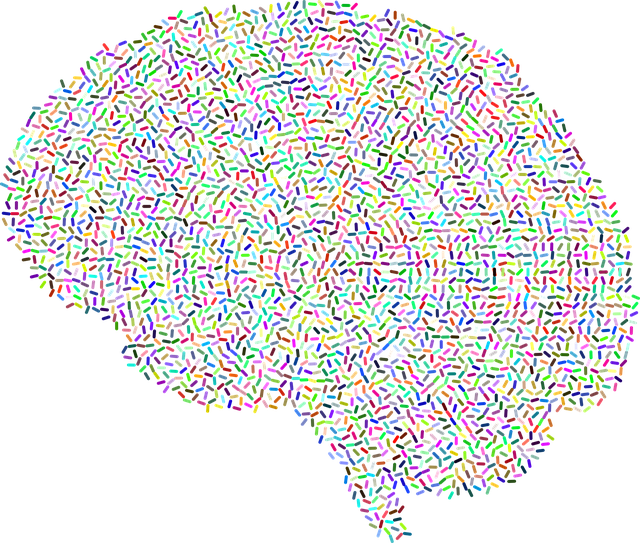Media portrayals significantly shape public perceptions of mental illness, often perpetuating harmful stereotypes that deter individuals from seeking therapy for terminal illnesses like depression and anxiety disorders. Accurate and nuanced representations through initiatives like Social Skills Training and Compassion Cultivation Practices foster understanding, empathy, and support. Shifting media narratives to include diverse perspectives can reduce stigma, challenge biases, and encourage trauma support services. Well-crafted narratives and documentaries educate audiences about mental health conditions, ultimately improving access to care and emotional well-being.
Mental illness representation in media plays a pivotal role in shaping public perception and understanding. This article delves into the profound impact of media portrayals on mental health, exploring biases and stereotypes prevalent in popular culture. We argue that accurate representation is crucial for promoting awareness, fostering empathy, and challenging stigmatization. Through examining successful strategies for responsible storytelling, we advocate for innovative solutions using media as a therapeutic tool to support individuals navigating mental illness, ultimately offering therapy beyond traditional boundaries.
- Understanding the Impact of Media Portrayals on Mental Health Perception
- Exploring Biases and Stereotypes in Popular Culture
- The Role of Accurate Representation in Promoting Awareness and Empathy
- Strategies for Creating Positive Change: A Call for Responsible Storytelling
- Innovative Solutions: Using Media as a Therapeutic Tool for Mental Health Support
Understanding the Impact of Media Portrayals on Mental Health Perception

Media portrayals of mental illness can significantly shape public perceptions and attitudes towards people living with various conditions. Often, these representations fall into stereotypical traps, perpetuating harmful misconceptions. When media depicts mental health issues in a stigmatizing light, it contributes to social isolation and discrimination against individuals seeking therapy for terminal illnesses, such as depression or anxiety disorders. Such negative portrayals can discourage people from reaching out for help, hindering their path to recovery.
On the other hand, when media offers nuanced and accurate representations, it fosters understanding and empathy. This is where initiatives like Social Skills Training, Compassion Cultivation Practices, and Community Outreach Program Implementation play a vital role. By showcasing individuals with mental health challenges as complex characters with unique stories, these programs challenge societal norms. This shift in perception encourages support and creates an environment where people feel more comfortable seeking the therapy they need, ultimately improving their quality of life.
Exploring Biases and Stereotypes in Popular Culture

In popular culture, mental illness is often portrayed through a lens of bias and stereotype, which can have profound effects on societal perceptions. Media representations play a significant role in shaping public understanding, and when stories depict individuals with mental health struggles in simplistic or inaccurate ways, it contributes to further stigmatization. For instance, the portrayal of depression as mere sadness or anxiety as a fleeting panic attack oversimplifies complex conditions that greatly impact daily lives. These portrayals can hinder people’s willingness to seek therapy for terminal illness and support, as they may fear judgment or misunderstanding.
Recognizing and challenging these biases is essential to fostering empathy and encouraging trauma support services. By presenting more nuanced narratives, media can promote an environment where viewers develop coping skills development and empathy building strategies, leading to better mental health outcomes for both the audience and individuals in their communities.
The Role of Accurate Representation in Promoting Awareness and Empathy

The media plays a pivotal role in shaping societal perceptions about mental illness. Accurate and nuanced representation can significantly promote awareness and foster empathy among audiences. When stories of individuals with mental health challenges are portrayed truthfully, it has the power to challenge stereotypes, reduce stigma, and encourage open conversations. By showcasing the experiences of people navigating therapy for terminal illnesses or other mental health struggles, media platforms can contribute to building empathy-building strategies that bridge gaps in understanding.
This representation goes beyond mere storytelling; it inspires action and encourages support. Well-crafted narratives in mental wellness podcast series production or visually compelling documentaries can educate listeners/viewers about various mental health conditions, symptoms, and treatment options. Furthermore, promoting diverse perspectives through healthcare provider cultural competency training ensures that media content is inclusive and reflects the experiences of different communities, fostering a more comprehensive understanding of mental wellness issues.
Strategies for Creating Positive Change: A Call for Responsible Storytelling

The media has a profound impact on shaping societal perceptions, and when it comes to mental illness, responsible storytelling can be a powerful tool for creating positive change. By integrating accurate representations and diverse narratives, we can foster empathy and reduce the stigma surrounding mental health struggles. One effective strategy is to showcase characters undergoing therapy for terminal illnesses, providing insights into the emotional healing processes they embark on. This approach allows audiences to witness the complexities of managing mental health while navigating challenging circumstances, thereby promoting a deeper understanding of these issues.
Additionally, incorporating emotional well-being promotion techniques and conflict resolution strategies within storylines can offer valuable lessons. Portraying characters effectively coping with stress, anxiety, or depression through therapy, support groups, or personal growth journeys can inspire viewers. Such representations should be nuanced, avoiding simplistic solutions while encouraging conversations around mental health resources and self-care practices. Ultimately, responsible media storytelling has the potential to revolutionize public perception, leading to increased awareness, improved access to care, and better support for individuals navigating their emotional well-being.
Innovative Solutions: Using Media as a Therapeutic Tool for Mental Health Support

In the realm of mental health support, media offers a unique and innovative therapeutic tool that can significantly enhance traditional therapy for terminal illness. By integrating storytelling, visual representations, and interactive elements, media can provide a more engaging and accessible means to address various mental health concerns. For instance, social skills training can be incorporated into digital platforms, enabling individuals to practice communication and interpersonal interactions in virtual settings, fostering confidence and improving real-life social dynamics.
Moreover, media can facilitate the development of self-care routines for better mental health by promoting mindfulness practices, stress management techniques, and healthy lifestyle choices through interactive apps and online communities. Leveraging mind over matter principles, these platforms encourage users to challenge negative thought patterns, build resilience, and cultivate a positive mindset. Such therapeutic interventions have the potential to reach a broader audience, especially younger generations who are increasingly comfortable with digital media, offering them much-needed support for their mental well-being.
Media has a profound impact on shaping societal perceptions of mental illness. By challenging biases, promoting accurate representation, and adopting responsible storytelling practices, we can foster empathy and reduce stigma. The strategies outlined in this article serve as a call to action for media creators and consumers alike, encouraging the use of media as a therapeutic tool to support those dealing with mental health issues, ultimately enhancing access to effective therapy for terminal illness. Through collaborative efforts, we can navigate towards a more inclusive and understanding world, where mental wellness is prioritized and supported.











